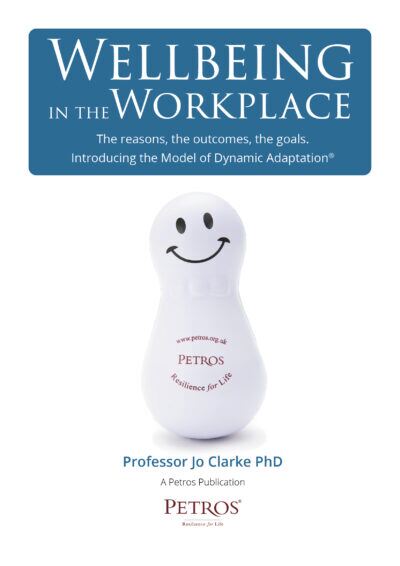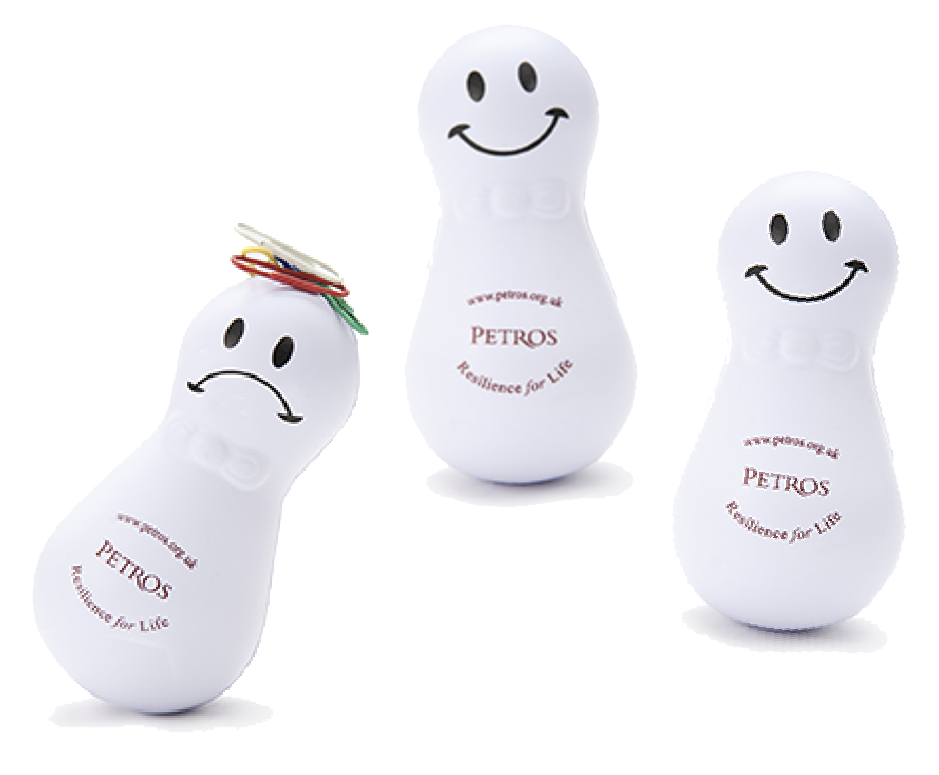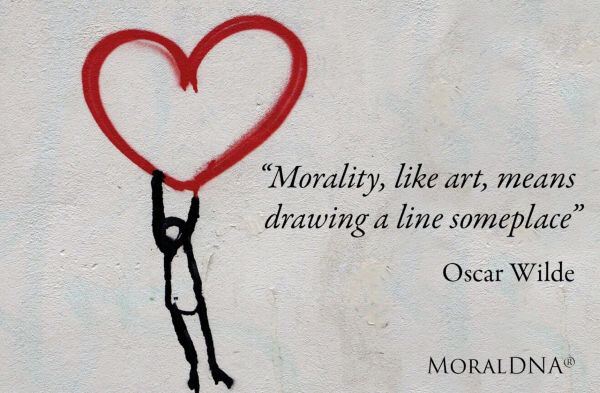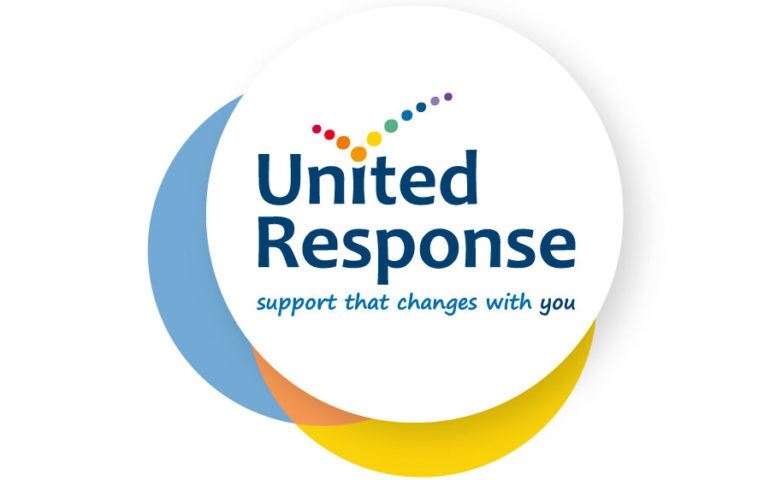Culture’s part in the perception of mental health
It’s also worth considering that culture plays a significant part in how we perceive “mental health” – our tolerance, understanding and treatment of it. Physical health, by comparison, is treated pretty much universally the same, irrespective of culture. A migraine in the UK is a migraine in Uganda. But anxiety may be defined or treated very differently, depending where in the world you are.
Diagnosis, assessment, onset, recovery, and prognosis are usually objective, clear and understood where our physical health is concerned. A broken limb is usually attributable to a known cause, can be objectively assessed by x-ray, has a predictable recovery period and a known prognosis.
Awareness as a foundation for education, training, change
Where our mind health is concerned diagnosis can be tricky, assessment is largely based on clinical judgement (despite the existence of hefty diagnostic manuals), onset and recovery can be hard to define, and the prognosis is often unclear. With a lack of certainty, we often feel ill-at-ease or even fearful of mental ill-health in a way we don’t with physical ill-health, and this can impact on our tolerance and acceptance of it in the workplace. There is not an easy solution, but an awareness of these differences can provide a foundation for education, training and change.
When it comes to how to empower your staff to thrive, if you’d like to learn more, our eBook, Wellbeing in the Workplace, provides some practical guidance. It discusses, simple concepts like use of language, organisations might usefully consider referring to mind health rather than mental health. Mind health holds no pejorative connotations and is more inclusive of the psychological, emotional and social aspects of our wellbeing.
Learn more about Petros Founder and Managing Director, Professor Jo Clarke PhD and her highly experienced team.








